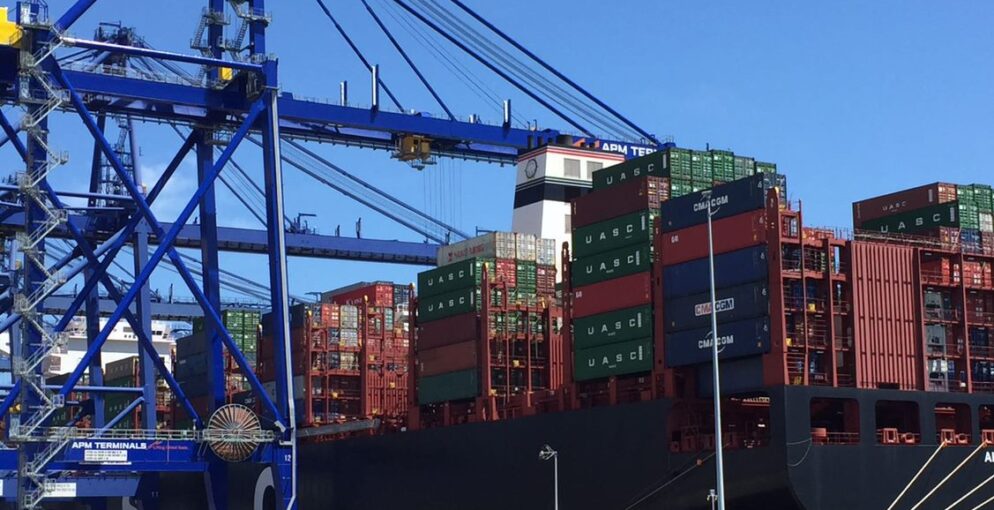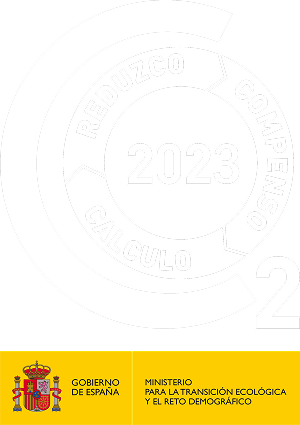- The WE TRANSFORM project involves thirty-five partners from sixteen countries, European and non-European, and has a budget of 2.5 million euros.
Valencia – 15.12.20. The kick-off meeting of the WE TRANSFORM project (Workforce Europe – Transformation Agenda for Transport Automation) took place today. This is an initiative co-financed by the European Commission’s Horizon 2020 programme, in which Fundación Valenciaport is participating, and whose aim is to collectively research the future of jobs and working conditions in all existing and evolving modes of transport, taking into account the digitalisation and automation processes that are taking place in the transport sector.
To achieve this objective, WE TRANSFORM, which has a budget of 2.5 million euros, considers three specific objectives:
– To establish and promote a collaborative platform for discussion on the effects of automation on transport work with stakeholders. To this end, a research centre will be set up as an intercontinental platform based in Europe and including Japan, Canada, the United States and South Korea. This platform will include the main stakeholders from all modes of transport, researchers, decision makers, trade unions and workers’ associations.
– To jointly create user-friendly and shared knowledge related to the effects of automation on the transport workforce. The aim is to assess the effects on workers in all modes of transport and related sectors (indirect/induced effects), paying attention to specific groups such as women and people with disabilities, and to acquire a solid understanding and knowledge of the factors that can drive automation-driven transitions, as well as the barriers, needs, skills and challenges required to provide an appropriate terrain for contrasting the negative aspects of automation.
– Enable and support a lasting and effective dialogue on innovation and the reality of workforce needs and conditions. The identified stakeholders will use AI to jointly develop a comprehensive, evidence-based, action-oriented and appropriate programme to minimize the potential negative effects of automation on the workforce.
Ultimately, WE-TRANSFORM aims to establish a lasting and openly shared understanding of the effects of automation on the transport workforce and to ensure lasting and effective innovations. To this end, methodologies and tools will be formalised in collaboration with research laboratories, industrial actors and social partners at EU level and abroad (Japan, Canada, USA and Korea).
Project consortium:
WE TRANSFORM involves thirty-one partners from twelve European countries: Politecnico Di Torino; Union Internationale des Chemins de Fer; Mercedes – Benz Ag; Hitachi Rail STS SPA; Polis – Promotion of Operational Links with Integrated Services, Association Internationale; Ferrovie dello Stato Italiane SPA; European Road Telematics Implementation Coordination Organisation – Intelligent Transport Systems & Services Europe; Fundación Valenciaport; Terminal Investment Limited Sarl; Austriatech – Gesellschaft Des Bundes Fur Technologiepolitische Massnahmen Gmbh; Leonardo – Societa Per Azioni; Akciju Sabiedriba Transporta Un Sakaru Instituts; Trainose Metafores-Metaforikes Ypiresies Epivaton Kai Fortiou Ae; Filt Cgil; Fit Cisl; Uiltrasporti; Empresa Municipal de Transportes de Valencia SA; Attiko Metro AE; Fundacja Rozwoju Logistyki I Zarzadzania Cilt (Uk)-Polska / Foundation for Logistics and Management Development; LGI Consulting; Tampereen Kaupunkiseudun Elinkeino – Ja Kehitysyhtiö Business Tampere OY; Idryma Evgenidou; Virtech OOD; Panepistimio Aigaiou; University of Surrey; Institut Vedecom; Panepistimio Dytikis Attikis; Missions Publiques; Traviglia Notaro Vernetti Associazione Professionale y Keolis. The project also involves four non-EU partners from Canada (Advanis Inc.); South Korea (Kyungil University); Japan (Tokai National Higher Education and research System, National University Corporation – Nagoya Univ) and USA (Board of Regents, Nevada System of Higher Education (NSHE) on behalf of the University of Nevada, Las Vegas), as beneficiaries not receiving EU funding.


